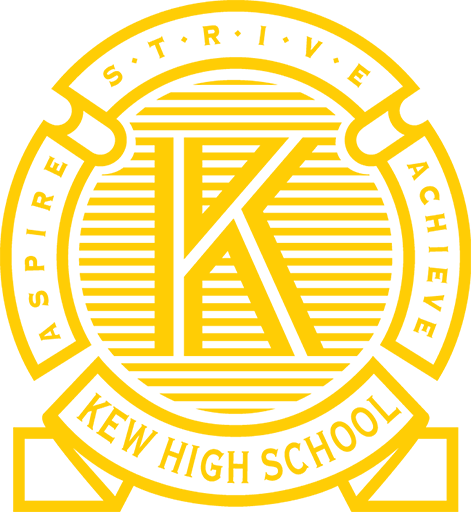Talia Barrett 9G
The Attitudes to School Survey (AtoSS) is an annual online student survey offered by the department of education and training to assist schools in gaining an understanding of students’ perceptions and experiences of the school. Students are asked about their thoughts and feelings about school, their learning, peer relationships, bullying and life in general, with a range of multiple-choice questions such as “Do you learn best in a group or by yourself?” or “Have you been bullied at school recently?” All of the students’ results remain anonymous.
During term 4, Ms Cleghorn, Ms Millard and Ms Dunstall sat down with focus groups from each year level to discuss the results of the AtoSS that we had completed earlier this year. The focus groups consisted of 15 to 20 students per year level, including the year level leaders and other students. These groups were used as a sample of the year level as it would be challenging to have an in-depth conversation with everyone.
Student voice at Kew High School is really important and is seen as a very necessary tool that is often disregarded in schools attempts of wholistic improvement. Without opportunities like this focus group, there would be a disconnect between the school and the students, and we wouldn’t be getting the best out of our prime educational time. The student focus groups are really important to get a real idea of ways in which the school can improve in the areas that may have been marked low in the survey, and to also expand on the ideas that are only partially touched upon in the multiple choice questions. Anecdotes and behavioural responses to questions give a lot more information than percentages do, although they are both invaluable.
In our focus group, we were asked about teaching methods (the way we like to learn, lesson structure and how we can improve consistency), how our school is viewed by others and what we think of the school and its reputation, among other topics.
I hope that with this information, the school will be able to better our learning environment by giving more support and options for people who learn in different ways (including people who work better in a loud or quiet environment, doing solo or group work, doing creative or logic-based tasks to). We discussed improving student engagement, wellbeing and quality instructions, increasing consistency between subjects and classes, and to just overall being able to listen closely to student voices.
I believe that the focus groups are a great way to increase student input and to expand on the information provided by the whole school completing the Attitudes to School Survey.


